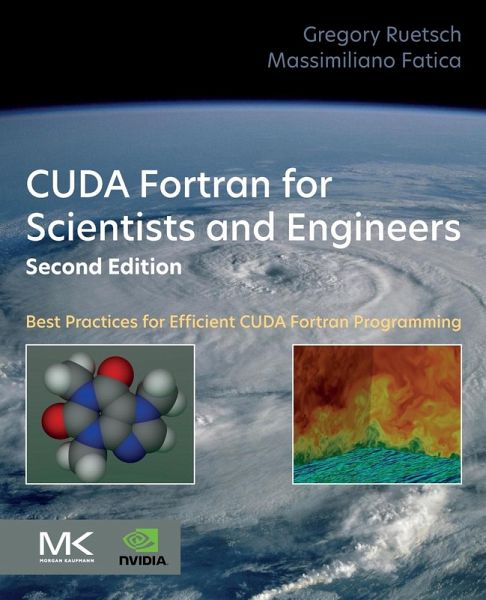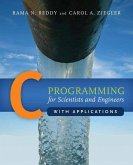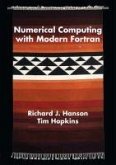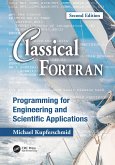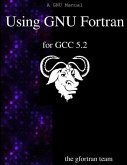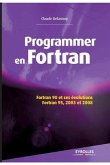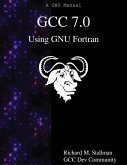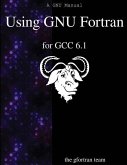CUDA Fortran for Scientists and Engineers: Best Practices for Efficient CUDA Fortran Programming shows how high-performance application developers can leverage the power of GPUs using Fortran, the familiar language of scientific computing and supercomputer performance benchmarking. The authors presume no prior parallel computing experience, and cover the basics along with best practices for efficient GPU computing using CUDA Fortran. In order to add CUDA Fortran to existing Fortran codes, they explain how to understand the target GPU architecture, identify computationally-intensive parts of the code, and modify the code to manage the data and parallelism and optimize performance - all in Fortran, without having to rewrite in another language. Each concept is illustrated with actual examples so you can immediately evaluate the performance of your code in comparison. This second edition provides much needed updates on how to efficiently program GPUs in CUDA Fortran. It can be used either as a tutorial on GPU programming in CUDA Fortran as well as a reference text.

